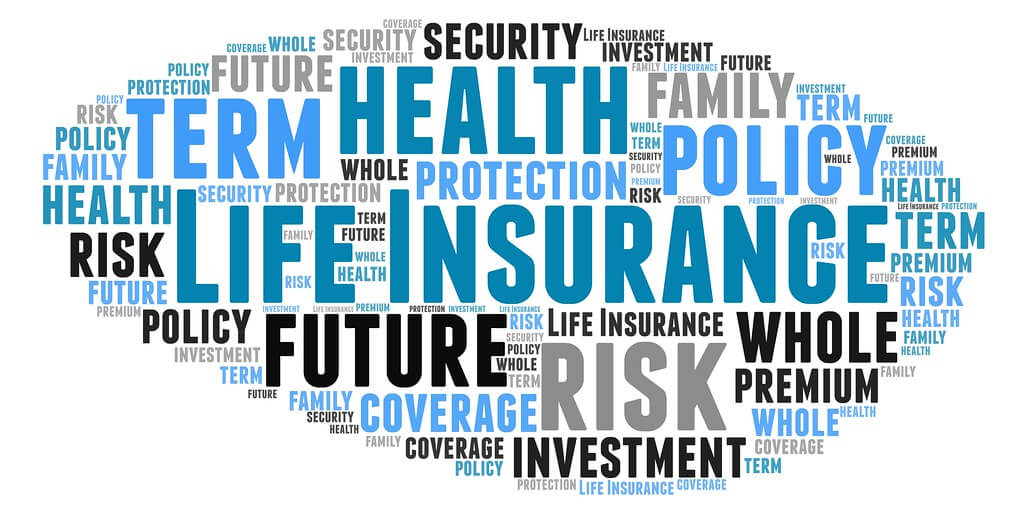When you think of “risk management,” you might conjure up images of investment portfolios or sophisticated business models. What many fail to realize is they are utilizing the same risk management tools and concepts when protecting their own interests and assets.
Any insurance policy you currently own is a form of risk management. You are providing the insurance company with monetary compensation, also known as a premium.
In exchange, you are transferring the cost of any significant potential loss to an insurance company. The word “significant” is the key, because it doesn’t make sense to practice risk management to protect against a $25 loss.
Insurance is reasonable for protecting against a significant loss. Life insurance is a good example. The primary income earner in a household should have a life insurance policy. In the event an untimely death would be a significant financial loss, that income would be challenging to replace.
Monthly premiums serve the purpose of ensuring replacement income and the reduction or elimination of financial hardship. The same idea applies to other forms of insurance.
Consider these insurance benefits in your personal risk management:
- Protect against a loss of income due to death. Consider how much of your income or your spouse’s income would need to be replaced. If your income is considerable, it may not be necessary to replace the full amount.
- Ensure the repayment of debts after death. What is your current level of debt? Would your life insurance or other insurance cover your outstanding debts?
- Protect against unplanned health expenses. Medical expenses can be astronomical. Does your risk management plan take into account the possibility of unplanned healthcare expenses, or those that are available but not funded.
4. Protect your home from flood, theft, fire, and other catastrophes. Most people do a good job of protecting their primary residence. This is because lenders require insurance to protect their collateral.
5. Protect against a loss of income due to disability. Here is where many people drop the ball. Some employers offer disability insurance, but many employees elect not to take it. And those employees that do take the coverage frequently select a level of coverage that is too low.
- Really look at how much money you’ll be paid if you’re unable to work.
- Are you going to be able to pay all your bills on that amount?
- Disability coverage tends to be quite low. Be sure you’re at the correct number.
6. Business owners have several additional considerations. If you own a business, you will require additional insurance to protect business assets.
- Remember to protect yourself against the loss of key employees. Whatever income they are earning for your business can be lost if they pass away or become disabled.
- Protect your family, your business, and yourself.
Risk management and insurance go hand in hand. You may not have viewed it in this light previously. Hopefully the relationship is now clear. Ensure you are protecting yourself and your family against all significant potential financial risk. Get the expert advice you need and take the necessary steps to prepare for a bright financial future, even in a crisis.



